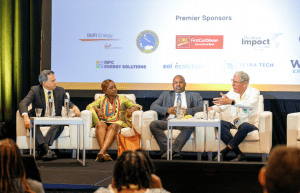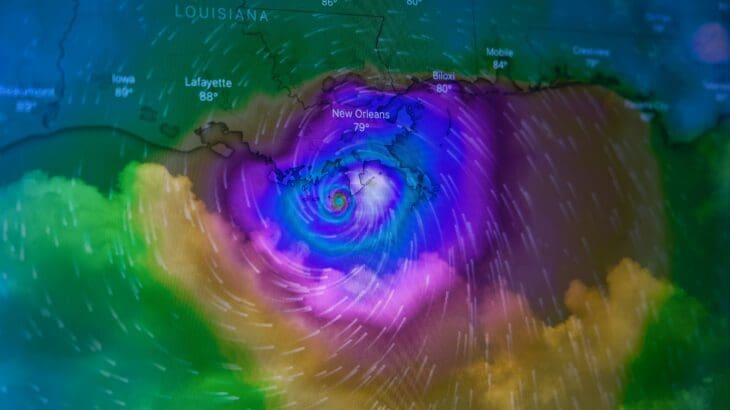 After what seemed like an eternity of screen time, the 2022 Caribbean Renewable Energy Forum (CREF 2022) took place recently in Miami and reunited the market around the energy transition in the region. Now that the dust has settled, we asked Caribbean leaders and experts to reflect on their top takeaways from this year’s event.
After what seemed like an eternity of screen time, the 2022 Caribbean Renewable Energy Forum (CREF 2022) took place recently in Miami and reunited the market around the energy transition in the region. Now that the dust has settled, we asked Caribbean leaders and experts to reflect on their top takeaways from this year’s event.
1. The region is over talking about renewables; now let’s regulate to spur investment
In the brave new post-Covid world, there is an unmatched eagerness in the Caribbean to push forward with the energy transition. The time for talk has ended; action is center stage. While, however, opportunity is abundant and investors are waiting in the wings, the lack of framework is slowing down progress. Racquel Moses who heads up the Caribbean Climate-Smart Accelerator asserts that, “there is a lot of money, opportunity and investment chasing too few projects, the issue is the readiness of those projects and having sufficient philanthropy available to bring those projects to commercial readiness.”

Angella Rainford, the CEO of Soleco and Rekamniar Frontier Ventures, agrees. “While late-stage project financing is available,” she says, “early-stage funding for projects remains limited.”
As investor interest increases, so the regulatory framework needs to move in step. Daniel Best of the Caribbean Development Bank (CDB) is adamant that, “the significant increase in the pace of investment required across the region necessitates unprecedented participation by the private sector. As such,” he continues, ”the need for enabling regulatory frameworks has become even more urgent if we are to achieve our regional sustainable energy targets.”
Let’s be clear though, says Adam Carter from CIBC FirstCaribbean, as a baseline, “it is very evident that capital remains abundant – as, frankly, are project opportunities.” We just need to regulate, regulate, regulate.
2. COVID failed to halt the region’s push for renewables
Covid is a story, certainly, but possibly not the headline we expected it to be.
According to Chris Burgess of RMI’s Islands Energy Program, “the pandemic challenged the region in unprecedented ways, but governments, utilities, entrepreneurs, and investors rose to the challenge to deliver some of the most impressive projects and programs for energy security, resilience, and cost reduction to date.”

CIBC FirstCaribbean’s Adam Carter agrees and is clear that although the pandemic had material adverse impacts on the tourism-centric region it “failed to halt the progress and momentum of important Caribbean renewable projects – as evidenced by all the successful projects winning the CREF awards.”
3. Private and public sectors need to work together to overcome the region’s challenges

The full and free dialogue which was so evident at CREF 2022 symbolizes the power of collaboration in the Caribbean. Angella Rainford from Soleco and Rekamniar Frontier Ventures makes the point that, “partnerships are key to project implementation – whether between strategic international and local players for utility-scale projects, but also increasingly between the business community and project developers who can provide optimized energy solutions in the growing distributed power market.”
No single organization or set of stakeholders can make the transition happen alone. Martin Vogt of MPC Energy Solutions concludes that, “the region faces major challenges to ensure energy security and only when public and private interests are fully aligned can these challenges be met and the energy transition successfully implemented”.


